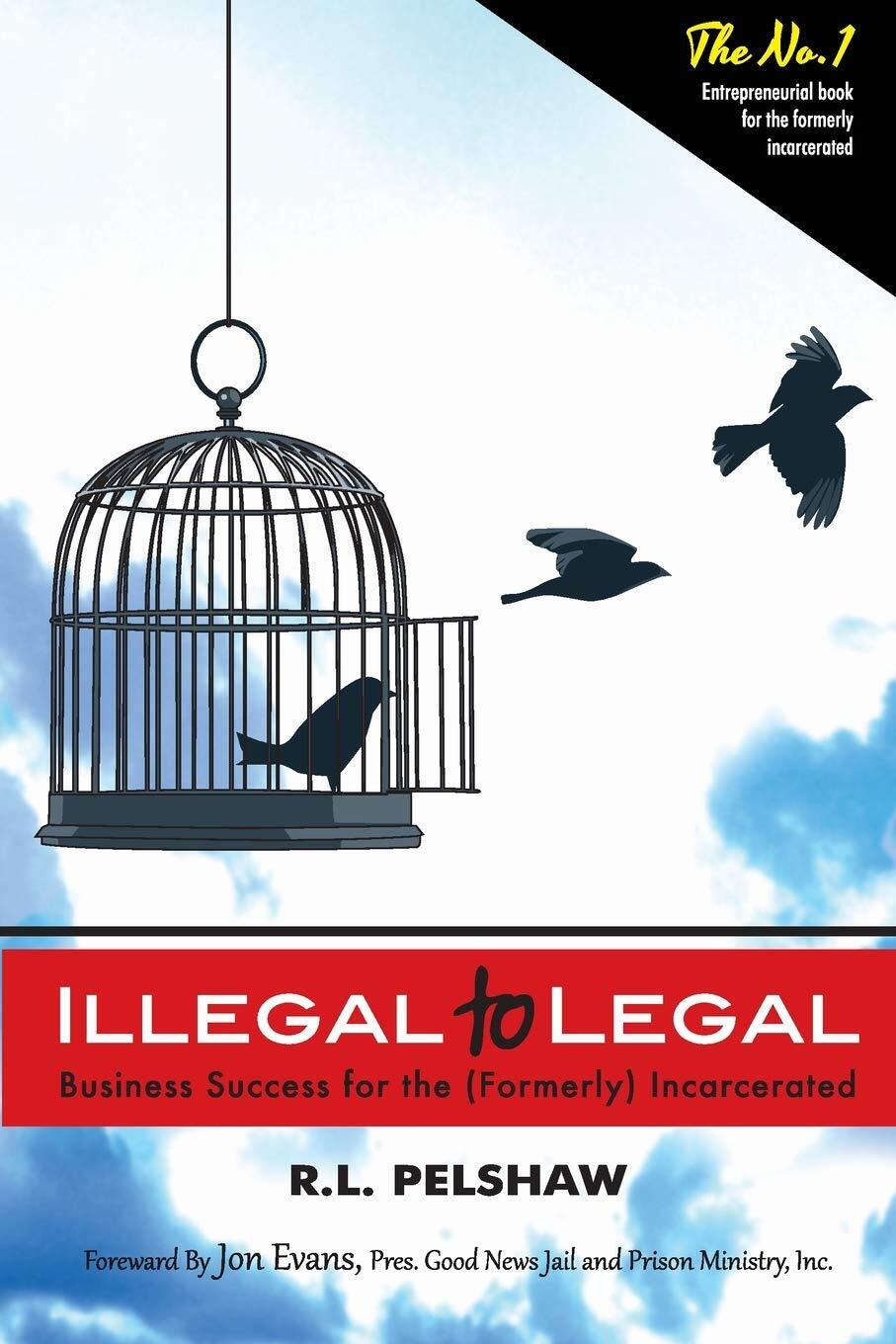As a job that rewards you for sales skills, people skills and sheer hustle, real estate for returning citizens makes a lot of sense as a potential career path.
Christopher J. from Seagoville FCI asked a question that is near and dear to my heart, considering my own lucrative real estate career prior to my incarceration.
Can I become a home inspector or work in real estate despite my criminal history?
I was a commercial real estate broker and developer for 25 years, so the question piqued my interest.
After doing research, surprisingly, there is hope, but no guarantee assuming your sentence does not prevent you from engaging in those professions of course.
Chris’ question was directed for Texas, but what they ask for can be used to overcome a criminal history in most any job application if you can condense it into an “Elevator Pitch.”
While not perfect, Texas allows an applicant to explain their conviction. I believe this list gives a great roadmap of how to apply for any job with a criminal record. According to its website, they will consider:
- The nature and seriousness of the crime;
- Whether that crime relates to your ability to engage in the occupation;
- The extent to which an applicant might recommit that same crime; and
- The relationship of the crime to the ability to perform the duties and discharge the responsibilities of the licensed occupation.
In addition to those things, the Texas Real Estate Commission shall consider:
- The extent and nature of the person’s past criminal activity;
- The age of the person at the time of the commission of the offense;
- The amount of time that has elapsed since the person’s last criminal activity;
- The conduct and work activity of the person before and following the criminal activity;
- The person’s compliance with the court-ordered terms and conditions while on parole, supervised release, probation, or community supervision;
- The person’s repeated offenses over a period of time, which tends to demonstrate a lack of respect for, disregard for, or apparent inability to comply with, the law;
- The time remaining, if any, on the person’s term of parole, supervised release, probation, or community supervision;
- Evidence of the person’s rehabilitation or rehabilitative effort while incarcerated or following release; and
- Other evidence of the person’s present fitness, including letters of recommendation from: prosecution, law enforcement, and correctional officers who prosecuted, arrested, or had custodial responsibility for the person; the sheriff and chief of police in the community where the person resides; and any other persons in contact with the person.
Here are some other things that the Texas Real Estate Commission will look at. This may be overkill for an ordinary job, but whatever you can use will only help you in your job search:
- The recommendations of prosecution, law enforcement, and correctional authorities;
- Signed letters of character reference from persons in the applicant’s business or professional community, which confirm that the writer knows about the applicant’s prior criminal conduct;
- Proof in such form as may be required by the Commission that he or she has maintained a record of steady employment;
- Proof that the applicant has supported his or her dependents, if any;
- Proof that the applicant has maintained a record of good conduct;
- Proof that the applicant has paid all outstanding court costs, supervision fees, fines, and restitution as may have been ordered in all criminal cases; and
- If the applicant submits a letter of character reference from a prospective sponsor, the letter must confirm that the writer knows about the applicant’s prior criminal conduct.
I mailed Christopher an application for an inspector, a chart of education and experience requirements in Texas, and standards of practice for real estate inspectors.
You can follow these guidelines to learn more about the rules in your home state. Good luck in your new future!
Ask Bob answers questions about life, successful re-entry, starting a business and entrepreneurship, and most anything that adds value, except the column does not cover legal issues, sentencing matters, or case issues.
To ask Bob a question, click here.



